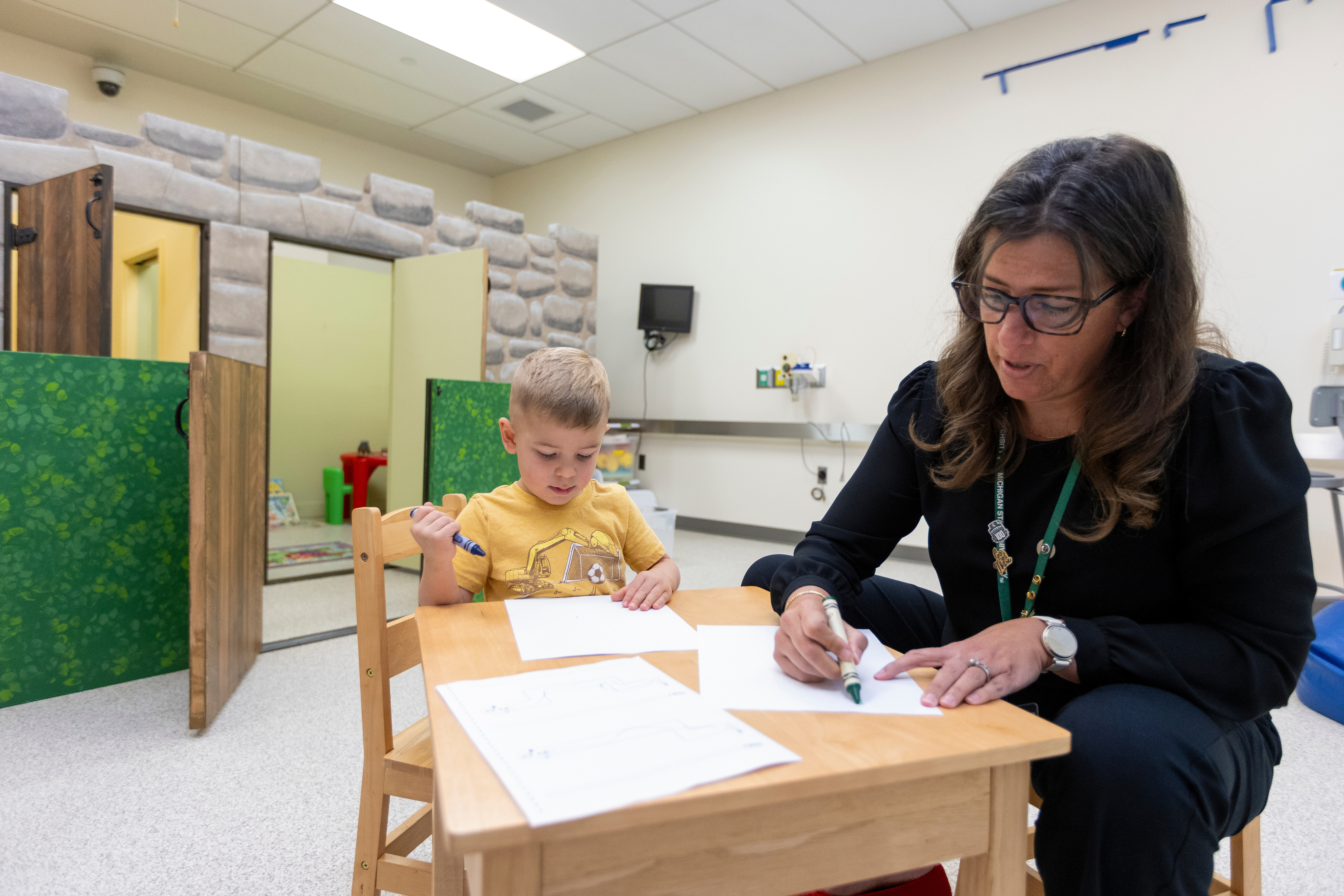About Us

The long-term goal of our research program is to understand the development and functional consequences of disrupted affective processing in young children. Affective processing is known to influence attention, motivation, and emotional regulation, all of which are essential for healthy brain and child development. Yet, there is a major knowledge gap in understanding affective processing in young children. This gap is even more pronounced for young children with neurodevelopmental disorders and those characterized by language impairments. Adding to this complexity is the fact that affective processing is driven by internal states that directly impact, and probably even drive, specific behavioral output of children. Though challenging to assess, skill-sets in domains influenced by affective processing are critical for establishing capacity in developing executive function, which directly influences adaptive capacities, resilience, problem-solving, and academic and practical skill-building. All of these are major determinants of quality of life.
We have several research projects, two of which we highlight: our Social Play Study and our Healthy Development Study.
Check out our current research!

Dr. Thompson recently sat down with Wood TV morning anchor Teresa Weakley to discuss the ongoing research in the SEND Lab at MSU.

